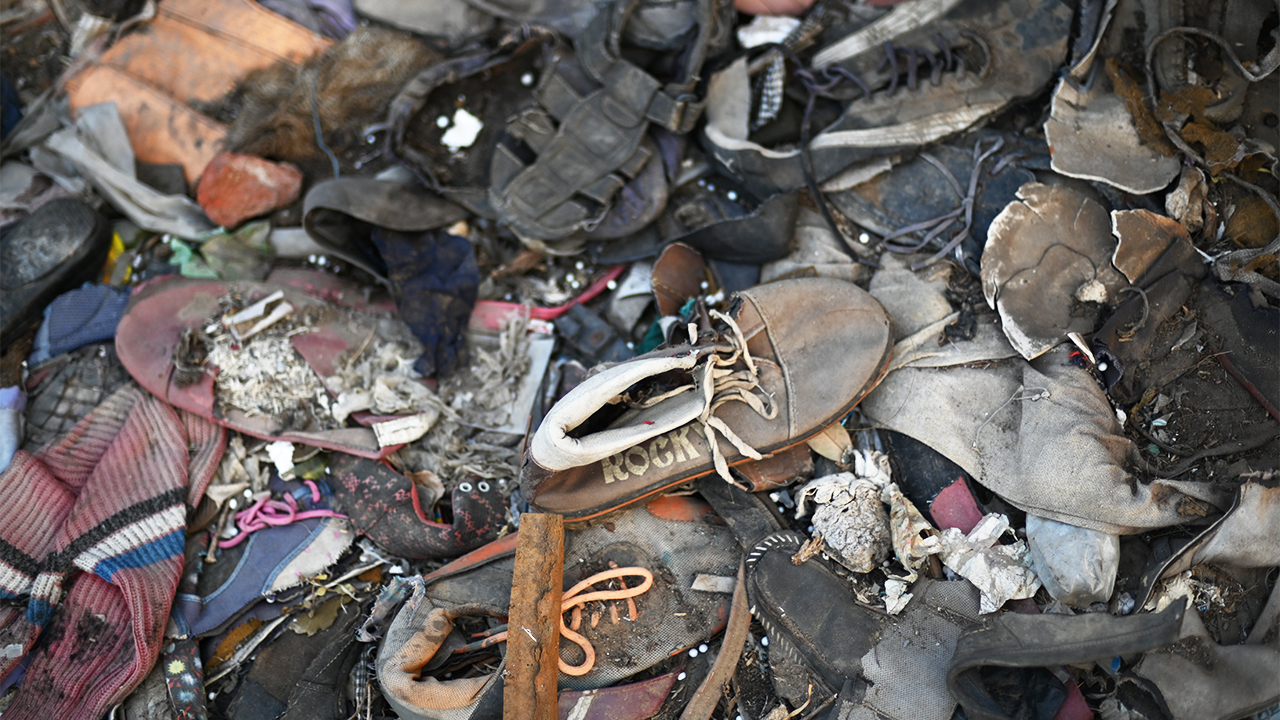admin
I help fin-tech digital product teams to create amazing experiences by crafting top-level UI/UX.

Globally 75% of all plastics ever produced never disappear. The production of plastic itself involves the depletion of non-renewable resources. After consumption, the enormous plastic waste traverses globally, leaking into ecology. There are misconceptions about the decomposing of plastics at various durations, but it is a myth. Plastics do not decompose and reduce into microplastics that cannot be extricated and are found in the biosphere, in mountains and oceans, and in the stomachs of living organisms. Toxic chemicals from plastics that leach out cause severe health hazards. Plastics also threaten the worldwide economic system because effective ways of plastic recycling are often ignored.
In India, plastics mainly flourish in the domestic sector, both as business and as waste. After heavy consumption in all sectors, a total of 5.6 million tons of plastic waste is generated countrywide annually as per Central Pollution Control Board. 43% of plastics for packaging in India are single-use (SUPs), which is even more dangerous to the environment. Many legislations have devised plans to reduce plastic pollution as India banned SUPs completely in 2022. But there are challenges in recycling plastic wastes that have already contaminated the ecosystem. Recycling of plastics in India function in the micro or mini sector with meager investment and technologies. Illegal dumping of plastic waste challenges the circular economic model. Thus, it is necessary to find alternate raw materials for plastic production from renewable resources like cellulose, bridge the demand-supply gap in India, and pave the way for mindful plastic consumption. Alternatives of packaging and ensuring total recovery and reuse of plastics are also needed, which CE can favor. The waste-pickers, whose income comes from high-valued plastics, are aware of the damage that plastics cause. Alternate livelihoods will benefit them, as already they are nurturers of CE. Decreased consumption will decrease the need to produce more plastics and increase reuse and recycling, creating international circular supply chains. This will prevent India and other developing countries from becoming dumping grounds for plastic waste.
A series of webinars were organised on this in association with FES (Foundation for Ecological Security) from 17 October to 3 December, 2020 to explore how to plan the Circular Economy transition that is equitable, inclusive, and more environmentally sound.
I help fin-tech digital product teams to create amazing experiences by crafting top-level UI/UX.

Training waste workers and households in composting to divert wet waste from landfills and abate methane emissions.

Read More

How environmental contamination is impacting our children’s future
Support our initiatives so that we can reach more and more people and provide our support to the needy
Click on the blue round button at the bottom right corner of this page. You can also email our support team at support@example.com

Chintan, meaning thought/reflection in Hindi, is an environmental research and action group.
Subscribe to get the latest news form us
© 2025 Chintan Environmental Research & Action Group